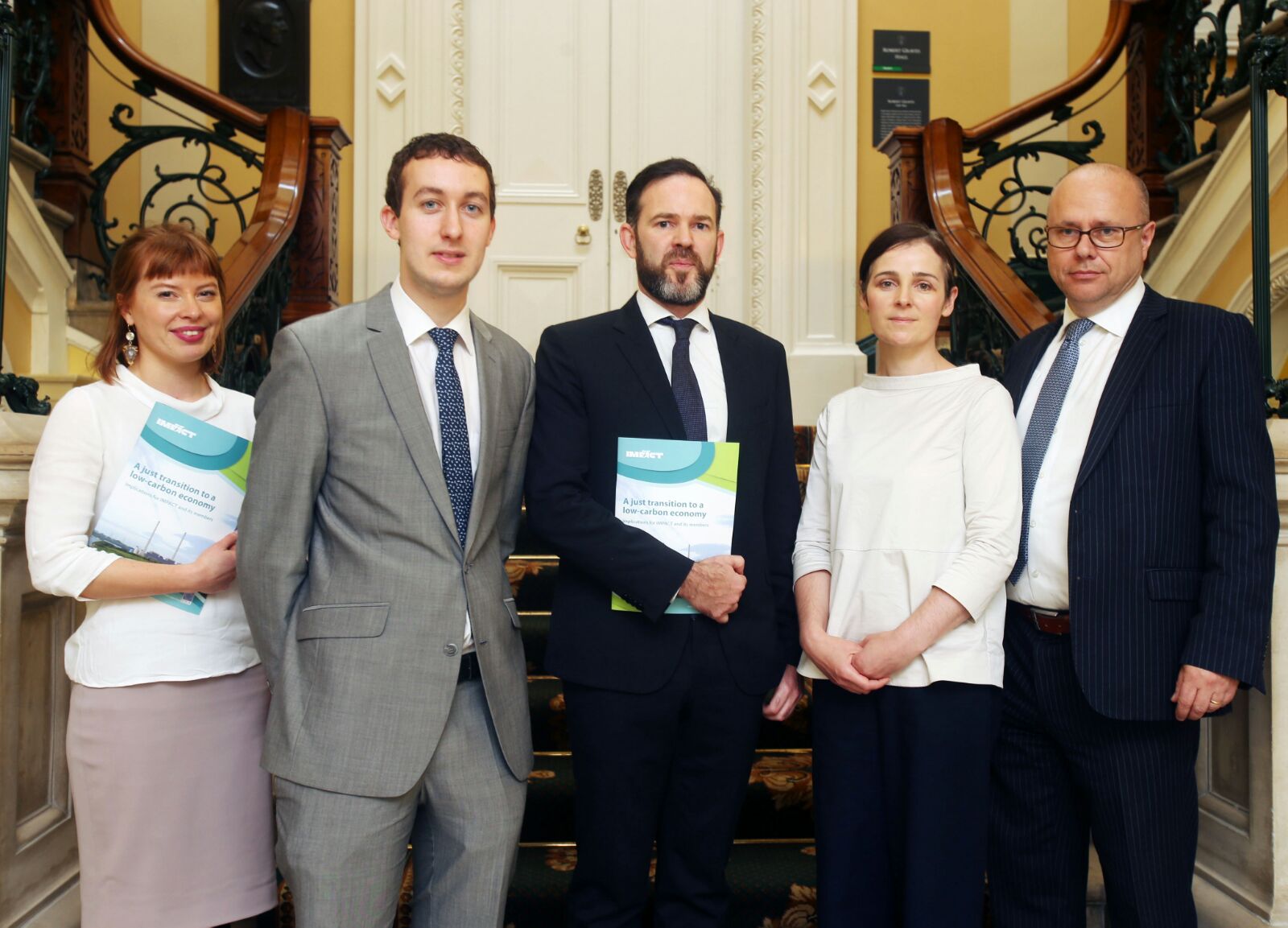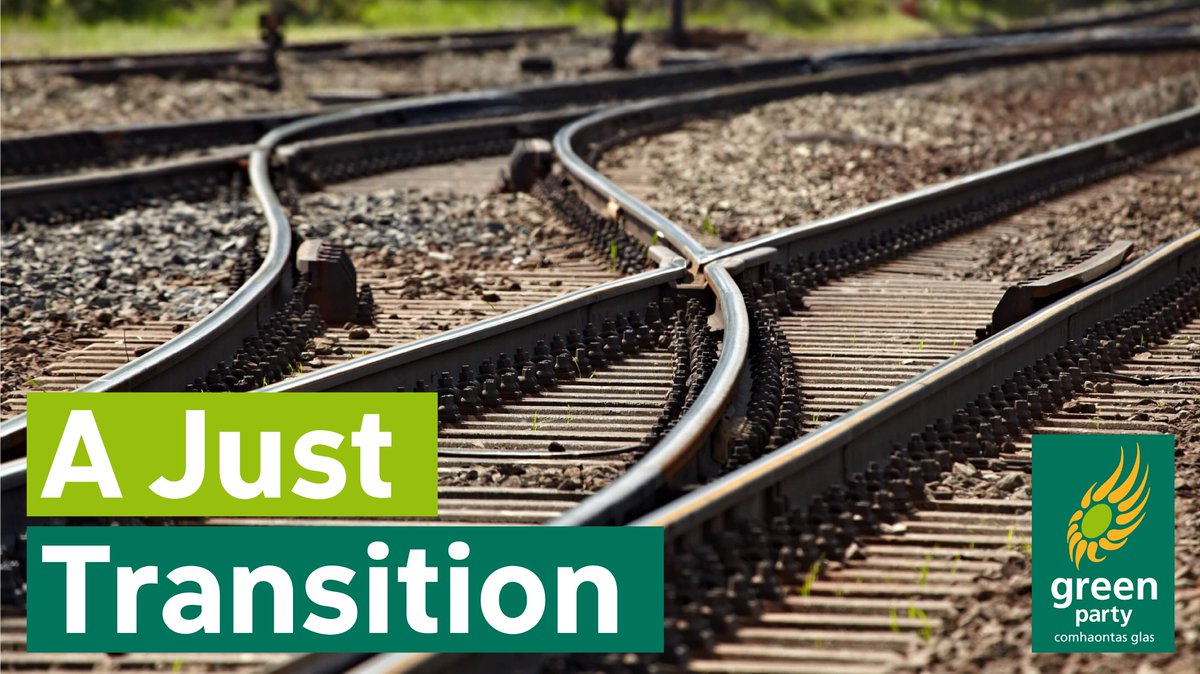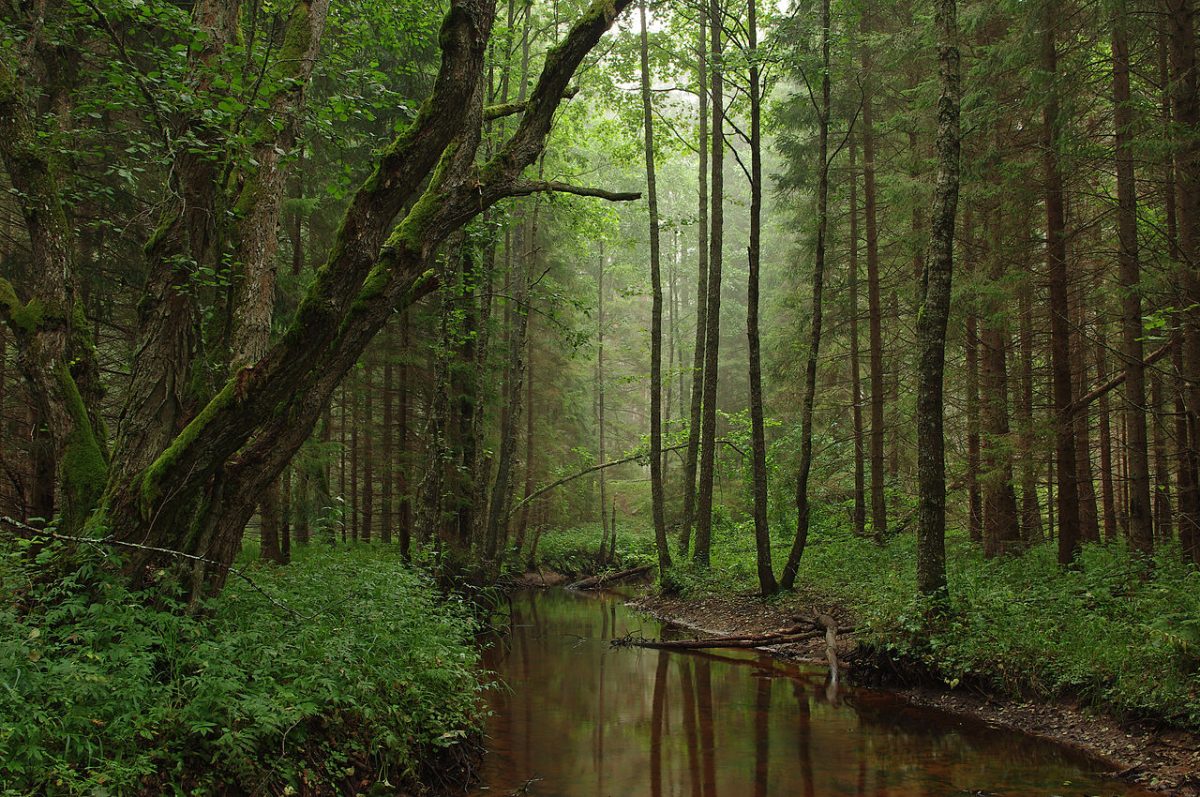General Election 2020: ‘housing policy is climate policy’

February 4th, 2020
On a recent radio programme, a commentator said that we can’t deal with climate change until we have a roof over our heads. Ireland is in a housing crisis that is dominating the current general election campaign. Climate has hardly been mentioned.
This type of thinking is perhaps the biggest challenge – the problem isn’t proving the case (that’s been done) or winning hearts and minds (thanks, Greta!) or even finance (€8 billion will go on capital projects this year). The problem is a lack of imagination.
If we wait “until we have a roof over our heads” it may be too late, or we may have another reason to justify delay or another legitimate interest group struggling with change that capture the agenda (leaders’ debates about climate has not moved far beyond the suckler herd).
Climate adaptation is being seen as a cost and a burden, rather than an opportunity. We have become used to an economics that values quick financial returns, blind to the true social, economic and environmental costs.
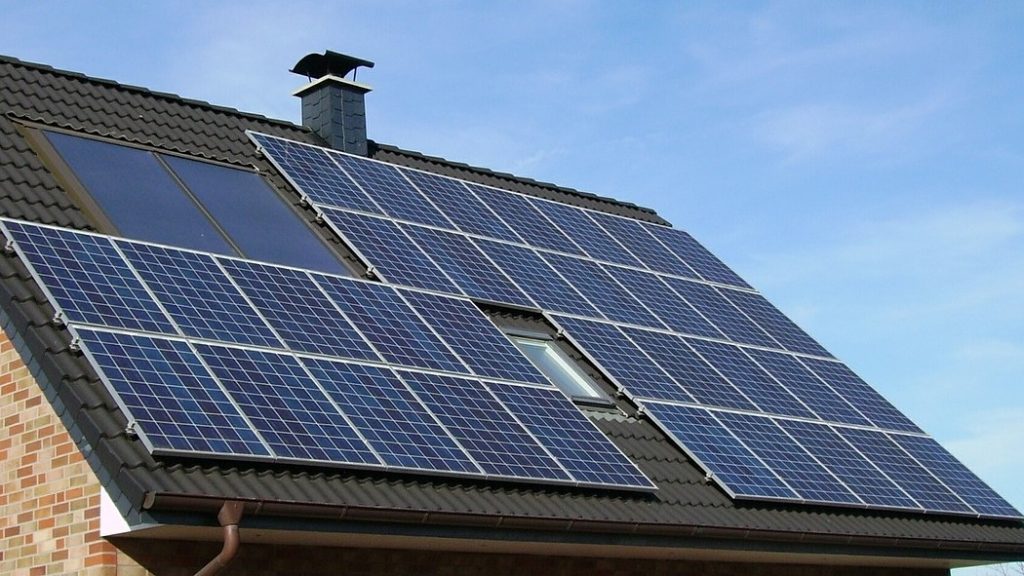
Adaptation as an opportunity
Energy, water and waste are being thought of as commodities to be packaged and sold. Yet, this is relatively recent. In fact, most people’s approach to their own ‘big ticket’ spending focuses on quality, durability and value for money. This is sustainability. The shift that needs to happen is from the short-term thinking of business and political cycles to a much longer-term view.
Housing is a case in point. Rebuilding Ireland, the 2016 housing programme, is big on supply targets, but has no strategies for energy, water, waste, transport or construction resources.
This year, more public money will be spent on rent supports and short term accommodation than will be invested in new housing – one billion euro to keep people off the streets in unsuitable rooms, but levers nothing more. This is a missed opportunity.
Energy upgrades to existing buildings, particularly ‘over the shop’ is the quickest, cheapest and more sustainable means of increasing supply, regenerating towns, and supporting regional employment. Permanent housing in affordable, warm apartments could take pressure of social welfare, health and infrastructure spending.
Currently, up to 40 per cent of energy is used in buildings. Technologies exist for new homes to be Near Zero Energy Buildings (nZEB) and carbon neutral. Every new residential building could be a micro-generator, supplying energy to the grid, powering electric cars and ensuring that occupants never suffered from fuel poverty, damp or poor indoor air quality. In bad weather or a power cut, we could have apartment buildings were the lifts run, water is pumped, toilets flush and homes stay warm.
Every home could harvest rainwater (Dublin has 75cm of rain a year, Cork a metre) for toilets and washing, saving up to 50 per cent of household consumption. This would take pressure off aging infrastructure and remove the need for a planned €1.3 billion pipe to pump the River Shannon 170km to Dublin.
Moreover, the benefits would accumulate immediately and incrementally rather than delaying for years with water shortages and unnecessary damage to the natural environment.
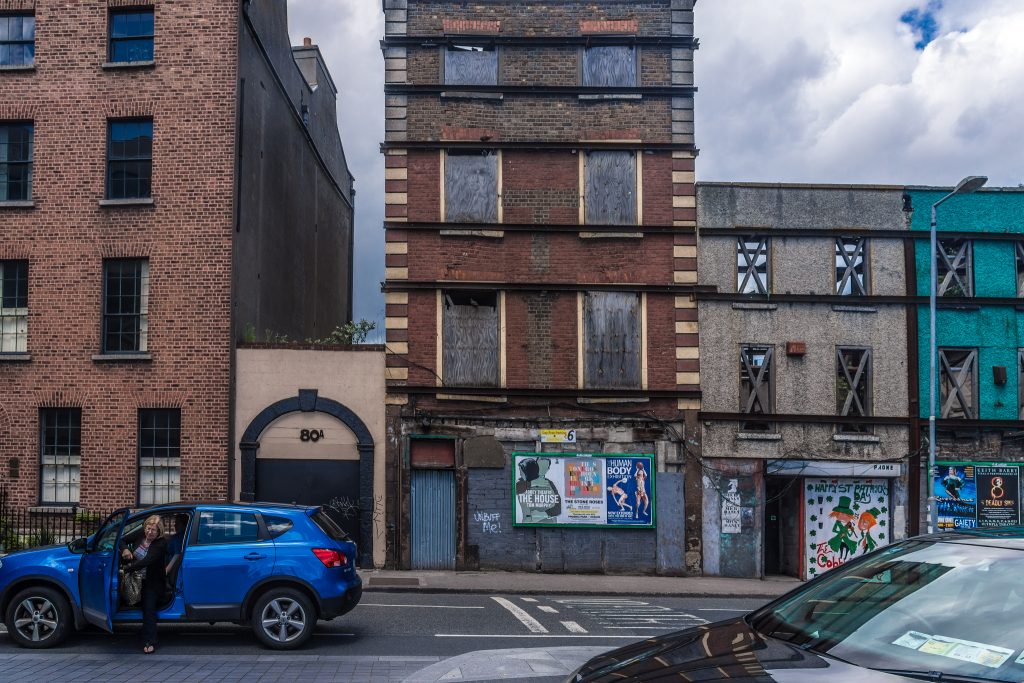
Spatial planning
Every new home could be planned for walking, cycling, public transport and amenities. In recent years, chasing ‘supply’ of homes without planning for affordability, quality of life and efficient infrastructure, has again resulted in sprawl. The most recent CSO quarterly housing report shows almost 1,500 homes built in the commuter counties.
In fact, Naas, a commuter town 30km from the capital with a population of 20,000, was the postcode in Ireland with most new homes (at 216). This compares to only 348 new homes in Dublin city that has a population of more than half a million.
Fundamentally, housing policy is climate policy. How we live, where we live and how we build are the best levers for mitigating climate change and meeting international commitments on energy and carbon reduction. And the timing could not be better.
The European Green Deal launched in December will shape all investment and policy in the EU for the next thirty years. Ireland is very well placed to be both an exporter of technologies and knowledge, and an importer of materials and equipment, procured from across the EU, in bulk for cost savings.
As a small country, we may see our efforts as insignificant, but Ireland could be a leader and a test ground for EU Green Deal initiatives, delivered through a new housing programme that prioritises long-term communities that are affordable, sustainable and beautiful.
Every new home has to be built for 100 years yet at current rates only one per cent of housing stock is being replaced every year. Our communities need to be resilient, not reliant.
When homes need little or no heating, generate energy, store water and minimise waste, people are less vulnerable to weather events and economic downturns. The economic future is uncertain and the need is great.
Every euro will have to be stretched for maximum benefit. We do not have the time to wait, and we may not have the resources to do otherwise.
By Orla Hegarty
Orla is an architect and Assistant Professsor in the School of Architecture at UCD. She has appeared as an expert witness to the Oireachtas committee on housing on subjects including regulation in the construction industry, vacancy, housing standards and defects, and building control.
